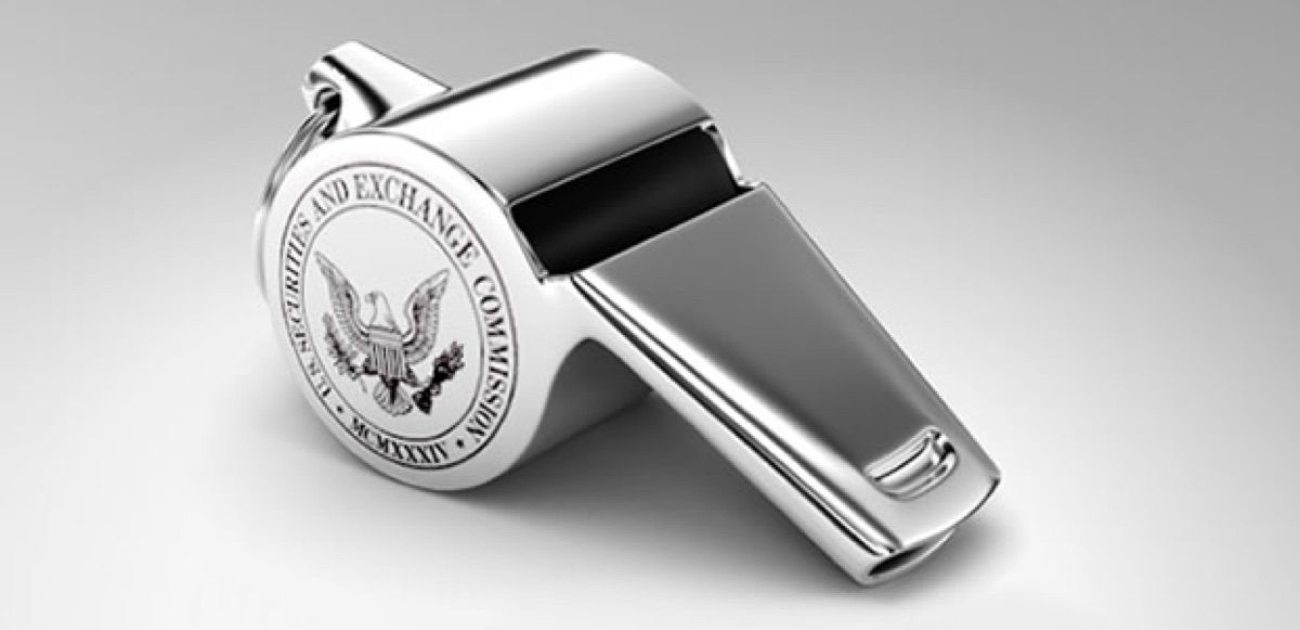The Protection Plan for Whistleblowing in the EU - the Fight Against Tax Fraud and Evasion
Tax fraud and tax evasion affects us all. It occurs within a country and across different countries both within the EU and globally. For this reason, a single country cannot solve the problem on its own. The EU and Member States need to work more together to combat the problem at home and abroad.
The need to protect whistleblowers is increasingly recognized at both international and national level, and the EU institutions are pushing forward on the issue.
In February 2017, the European Parliament adopted a resolution calling for an “effective and comprehensive European whistleblower protection programme” to be proposed “immediately” by the Commission. MEPs “deplored Commission’s failure” to deliver a legislative proposal that establishes a minimum level of protection for whistleblowers who help to protect the EU’s financial interests.
The European Commission has launched a public consultation running until 29 May 2017 on the issue of whistleblower protection and is undertaking an impact assessment to ascertain to what extent the EU might be able to legislate on the matter.
The Commission seeks to collect input from a wide range of interested stakeholders, including public authorities, judges, prosecutors, ombudspersons, EU institutions and agencies, international organizations, private companies, professional and business associations, trade unions and trade union associations, journalists, media representatives, civil society, academics and the general public.
The objectives of the consultation will enable to collect information on the benefits and drawbacks of whistleblower protection, problems arising both national and EU level from gaps and weaknesses of existing whistleblower protection as well as on the need for minimum standards of protection.
In the course of their work, they should come across information about acts or omissions which represent a threat or harm to the public interest (such as fraud, corruption, tax evasion, threats to public health and safety, to food safety and to the environment, mismanagement of public funds, misuse of personal data, unlawful use of private or inside information, money laundering, etc.).
By reporting or disclosing such acts or omissions ("whistleblowing") they can bring them to the fore and help to prevent harm to the public interest. In the perspective of strengthening whistleblower protection, the Commission will assess the scope for horizontal or further sectorial action at EU level, while respecting the principle of subsidiarity. The present public consultation is intended to feed this assessment.
A targeted consultation with the most relevant stakeholder will follow now (in addition to the public consultation) in order to find a common solution to the main problems strictly connected to this issue, the figure of the whistleblower and the instruments for its protection. Actually, 80% of the OECD Countries, Italy included, has adopted specific laws for the protection of whistleblowers of the public area.
Do you want more information?
 Maurizio Bottoni
Maurizio BottoniMaurizio Bottoni is the senior partner of Interconsulting. As a consultant in one of the Big Four he has developed a deep knowledge of the Italian and International tax law, through the involvement in operations and reorganization of multinationals. Extraordinary transactions and international issues are his daily business.

